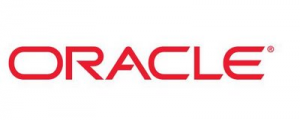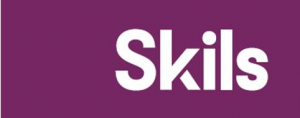Czech Republic: Inflation down, wages up
14.03.2018Company: Amcham
Czech inflation decelerated more than expected in February to 1.8% due to lower food prices. Still, wages remain strong and accelerated further at the end of 2017, suggesting consumption-driven inflationary pressures should remain solid this year
Inflation deceleration driven by statistical effect and stronger Czech koruna
Inflation has been gradually decelerating since its peak in October 2017 of 2.9%. The slowdown in year-on-year inflation was mainly driven by a higher base from last year. Indeed, at the turn of 2016 and 2017, prices began to accelerate as a result of faster growth in food, fuel prices and higher prices at restaurants due to the introduction of the online registration of sales (electronic evidence of sales). Another reason behind the inflation slowdown has been a stronger CZK, which could have subtracted around 0.4ppt from YoY CPI growth already.
| 1.8% YoY |
February YoY inflation growth
again below the 2% target and the lowest since Oct-2016
|
February CPI print surprised on the downside due to food prices
The above-mentioned effect was foreseen and does not represent any major surprise. Despite that, inflation decelerated to 1.8% in February and ended below the market forecast of 2.0% and the CNB’s assumption of 2.2%. Looking at the CPI structure, however, the faster-than-expected deceleration was driven solely by lower-than-expected food prices. Indeed, food prices decelerated from 4.5% in January to 2.3% in February. This means that the contribution of food prices to YoY CPI growth fell from 0.8ppt in January to 0.4ppt in February. Deceleration was also seen in alcoholic beverages, whose contribution fell by 0.1ppt in February compared to January. As such, lower inflation was driven mainly by “supply” factors which should be less relevant from the monetary policy perspective.
More information here.
Tags: Finance |







